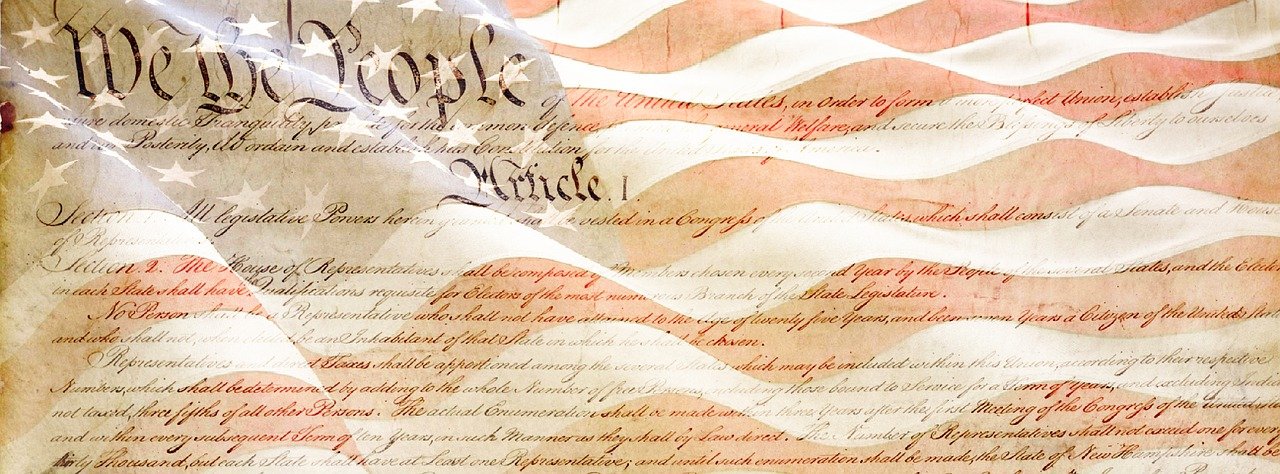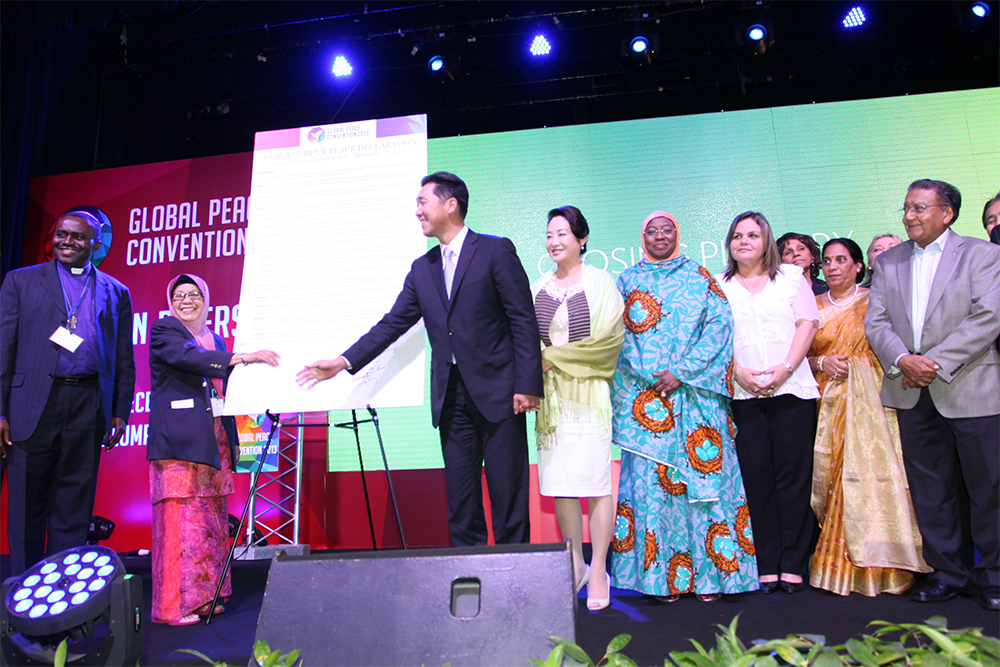Throughout history, God has inspired the founding of various faith and wisdom traditions to elevate human consciousness and cultivate ethical civilizations. And yet, continually, we see division and even conflict between people of different faiths, although the vast majority of moral precepts they seek to live by in daily life are exactly the same. The source of their contention is often rooted in differing institutional orthodoxies, doctrines and traditions. [W]hile they aspire to many of the same spiritual principles and goals, such as loving thy neighbor, living a moral life rooted in truth and righteousness, and, eventually, creating a world of peace.
– Dr. Hyun Jin Moon, Global Peace Convention 2021
The world’s religious traditions generally uphold the same universal principles and values. Former UN Secretary-General, Kofi Annan, mused that “I have often said the problem is never the faith -– it is the faithful, and how they behave towards each other.” While religions might hold different liturgical and doctrinal positions, all of them uphold similar values such as compassion, respect, charity, peace, and more.
Understanding this, it becomes incumbent upon the faithful to take on a new or renewed mission in their communities and societies today. We, the faithful, should take up our faith to inspire peace and build harmony across the lines of difference in terms of religion, race, and social divides. It is becoming evident that we need this more than ever as the traditional moral framework of American life is undermined, and essential values are stripped from the American public square.

American Founding Father John Adams wrote that “Our Constitution was made only for a moral and religious people. It is wholly inadequate to the government of any other.” He wrote this because he believed that self-governance was only possible by those who could live following a mature conscience, which more often than not required the wisdom and guidance of the faith traditions. Not only this, the many social services and voluntary associations, and activities that came out of a religious motivation have fallen by the wayside. As a result, the social fabric has frayed, becoming both poorer and less vibrant across the country.
In his award-winning book, Korean Dream: A Vision for a Unified Korea, Dr. Moon uses other examples where people of faith changed the course of history. In many instances, it was people of faith who engaged with the broader public sphere to advance the cause of human rights and freedoms for all.
It is with this in mind that Dr. Moon encourages the faithful to be those to write the future:
Just as it was people of faith that engendered the American experiment, it should be the faithful that leads the world to peace by advocating the vision of One Family under God. All faiths should cooperate to build a world free of conflict, reflecting the highest spiritual ideals, rooted in universal principles and values that reflect God’s truth, righteousness, goodness, and love for all humanity. Only then could we harness the power of faith to truly transform the world and build true everlasting peace and harmony for all.
Faiths have always driven and inspired people to live for the sake of others and are essential to building a robust civil society. It’s time to reignite this tradition on the global scale, as Dr. Moon continues to inspire and remind us:
For we, collectively, are the authors of this chapter in human history. Today our world is at a critical juncture, an inflection point. The choices we make, the standards we set, and the leadership we exhibit will have far-reaching implications for the future. Now is a time for clear vision and principled action. I hope that each one of you will become peacebuilders in your respective spheres of influence and join with us in the great movement for global peace.

